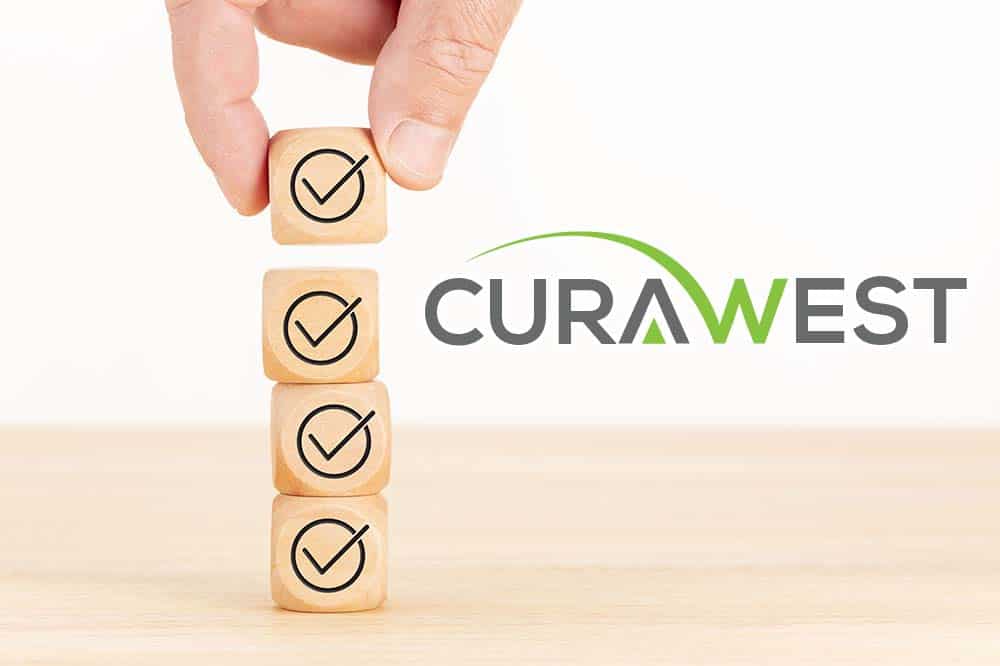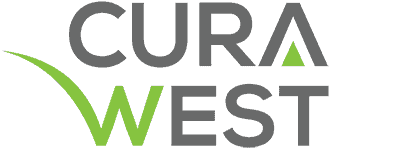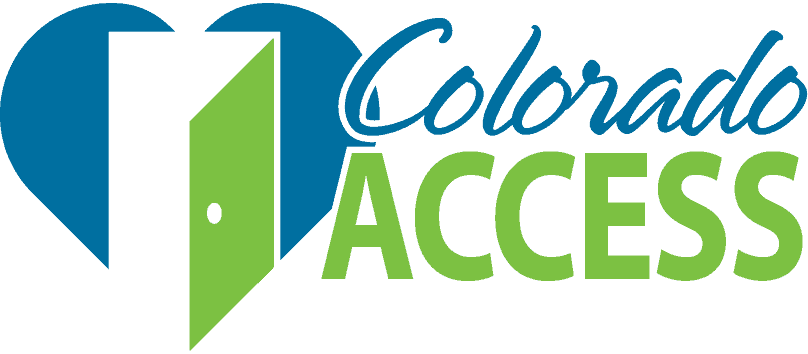The prevalence of substance use throughout the United States has been rising steadily in recent years. In 2020, approximately 37.3 million individuals, 12 years of age or older, engaged in the use of a substance. (1) The amount of people engaging in substance use increased to approximately 61.2 million individuals the next year. (2) In 2022, approximately 20.4 million individuals were diagnosed with a substance use disorder. (3) Of those diagnosed with a substance use disorder, only 6 percent received addiction treatment. (4)
Here at CuraWest, we believe that access to evidence-based and local treatment options can help reduce the amount of individuals who are impacted negatively from substance use. Addiction is often described as a family disease, meaning that all family members are affected in some way. Our comprehensive treatment options include family therapy sessions to help mend the relationships impacted by an individual’s substance use. Contact us today to learn more and to get started on your road to recovery.
The Impact of Addiction on Family Members
Addiction does not just impact the individual engaging in substance use, though they have an experience that others can not completely understand.
Common ways that families are impacted by addiction include:
- Shifting Family Dynamics — Each member of a family contributes to the family dynamics in a particular way. Substance use can shift family roles, often leaving the family in a state of dysfunction. Family dynamics may continue to worsen as the individual who engages in substance use continues their use.
- Mental and Emotional Distress — Watching someone you love experience substance use can affect an individual mentally and emotionally. Emotions and feelings can shift when living with someone who experiences substance use. Over time, family members may become emotionally drained and may even begin to neglect their own personal needs.
- Enabling Behaviors — It can be a difficult choice to decide not to help a loved one who is experiencing addiction or dependency to a substance. Without realizing it, family members may enable their loved ones substance use behaviors and exacerbate the symptoms of their condition. In most cases, enabling behaviors must be addressed and resolved in a therapeutic setting.
- Financial Issues — Those who engage in substance use may experience financial, or even legal issues, due to their substance use. Oftentimes, individuals who engage in substance use may steal from their friends or family, or make poor financial choices. This can negatively impact the finances of not just them, but their family members as well.
The Benefits of Family Support in Addiction Recovery
Having the support of family members can greatly benefit an individual’s recovery process. Research has found that family support can help improve an individual’s overall treatment outcomes. (5) Depending on the individual’s needs, support may be in the form of emotional or financial assistance. Family support can help those seeking local addiction treatment experience a sense of community and belongingness. Having a sense of community is characterized by feelings of connectedness, group membership, and the fulfillment of one’s needs. (6) Not having a sense of community or belongingness often leads those seeking treatment to feeling alone or not accepted. Attending a local addiction treatment can make it easier for families to be supportive through the addiction recovery process if they are geographically close to the individual.
The Role of Family Therapy in Addiction Recovery
Family therapy is a psychotherapeutic tool used to help family members share their thoughts and feelings, develop adaptive communication skills, and process how substance use has impacted their lives. Family therapy plays a crucial role in addiction recovery by helping mend any negative or maladaptive dynamics that have developed over time. Here at CuraWest, our family sessions are conducted by a licensed clinician who helps guide the family, and the individual attending treatment, throughout the session while providing them with psychoeducation.
We Are Here For You
Let Us Help You Heal
Our Drug & Alcohol detoxification experience is second to none.
Learn how we can help by speaking with one of our Treatment Advisors today.
How Family Support Contributes to Positive Treatment Outcomes
Family support can help positively with treatment outcomes. Family members can help those seeking treatment identify and work through any maladaptive behaviors that may be contributing to an individual’s substance use.
Family support can help an individual attending a local substance use treatment program overcome the following challenges: (7)
- Relapses or returns to substance use.
- Any financial or legal problems that the substance user may be experiencing.
- Increasing the substance user’s motivation levels throughout treatment.
- Dysfunctional family patterns or relationships.
- Negative coping techniques.
- Poor family cohesiveness, agreement, and expressiveness.
Strategies for Families to Support a Loved One in Recovery
There are different strategies that family members can utilize in order to support their loved one throughout the treatment process.
Helpful strategies that families can utilize to help support their loved one during recovery includes:
- Educating Themselves — Being able to understand the signs and symptoms associated with substance use can help family members with identifying addiction and the appropriate next steps.
- Communicating Assertively — Speaking up and sharing your concerns with your loved one can help the substance user realize how much their addiction has impacted nt just themselves but their family members as well.
- Being Patient — It can take time for an individual to develop the necessary skills needed to help overcome their substance use. Expecting immediate change can lead to negative feelings of disappointment, frustration, or anger.
Our Drug & Alcohol Detox Services Include
Addressing Family Communication Issues in Addiction Recovery
Each family member uses a distinct communication style. Poor communication techniques can negatively impact family members and further escalate problems. Improving the communication skills of each family member can help everyone discuss their thoughts and feelings assertively, resulting in clear understandings of one another.
Effective communication techniques that can help resolve family issues include: (8)
- Refraining from blaming and shaming one another.
- Expressing concerns assertively rather than passively or aggressively.
- Expressing feelings of hope that the substance user will improve their condition after receiving proper treatment.
- Sharing affirmations and positive reinforcement when the substance user positively changes their behaviors.
Developing assertive communication skills takes consistency and patience. Family therapy is an effective tool used to help individuals develop healthy communication techniques.
How to Navigate Relapses & Continuing Care with Family Support
Relapse occurs when an individual begins to use a substance again following a period of sobriety. Research has found that approximately two-thirds of individuals who receive substance use treatment relapse at some point. (9) Watching a loved one relapse can elicit a variety of negative emotions. Here at CuraWest, we offer relapse prevention training to help those who receive treatment maintain their sobriety long-term.
Begin Healing Now!
Have A Call With One Of Our Treatment Advisors
Don’t Suffer Any Longer
Start Your Recovery Journey Today
If you suspect that you or a loved one are experiencing a substance use disorder, treatment may be beneficial. At CuraWest, we understand that addiction is multifaceted, and it can impact the loved ones of a substance user. Contact us today to speak with one of our Treatment Advisors who help guide you through our simple admissions process. A free, no obligation insurance benefits check can be provided upon your request. Start the healing process for you and your family here at CuraWest.

Reviewed for accuracy by:
Jasmine Billups
LPC-S
Jasmine has worked in the mental health field for over 18 years. She earned her B.A. in Psychology with a Minor in Child and Family Relations from North Carolina Central University, and her M.A. in Mental Health Counseling from Argosy University. Jasmine is a Licensed Professional Counselor Supervisor and has specialized in addiction for over 10 years.























